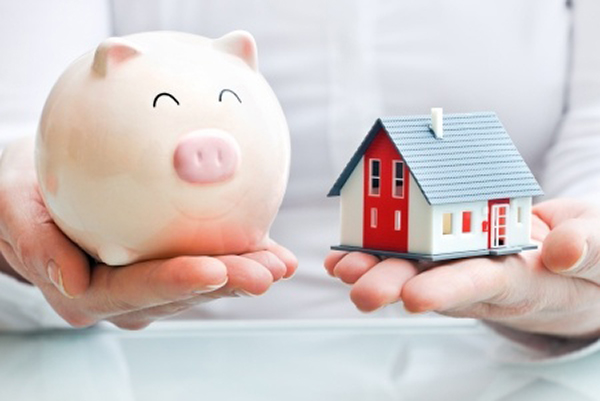How To Successfully Use Your Down Payment to Achieve Your Home Buying Goals
 When you are considering purchasing a home, understanding the lending guidelines regarding a down payment is important.
When you are considering purchasing a home, understanding the lending guidelines regarding a down payment is important.
Here are a few key tips to consider:
Gifting of a Down Payment
There are some programs that will allow you to use a gift for your home down payment. However, before you assume this, make sure you talk to your loan officer. Generally speaking, the lender will require the person making the gift to provide a letter stating the money was a gift and does not require repayment.
Windfalls as a Down Payment
When people hit the lottery or come into money through an inheritance, one of the first things they may consider is buying a new home. However, it is important ot keep in mind that lenders will typically want to know exactly how you came up with your down payment.
Borrowers still need to show a “paper trail” of how they came into money. If your down payment amount has not been “seasoned” the lender may not accept your loan.
What is a Seasoned Down Payment?
Generally speaking, your loan officer will want a “paper trail” to document your down payment. Most lenders require down payment funds to be at a minimum 60 days old. For example, let’s assume a borrower did win the lottery: If they deposit the funds into their checking account and leave it there for 2 months or more, the funds would be considered seasoned.
However not all lending guidelines are the same. Some lenders require even more seasoning to consider the money in your account truly yours. So it’s a good idea to plan well ahead of your purchase date to get your down payment funds in your account if you plan on getting money from another source.
Lender restrictions on down payment funds are fairly common. If you are uncertain if your funds meet the lender’s criteria, talk to your loan officer. In most cases, a lender will require at least one-half your down payment fall into the category of seasoned funds.
The One Place You Can Borrow For Your Down Payment
Some borrowers may use their retirement account or other savings to make their home down payment. And most lenders are perfectly fine with you borrowing against your own savings in a 401(k) or IRA account. Of course you will likely want to discuss the tax implications with your accountant or financial advisor before making these withdrawals.
Don’t wait until the last minute to discuss your down payment with your real estate agent because you may wind up disappointed. Keep in mind, your real estate professional is available to help guide you through the whole process of buying your new home.

 Right now, the real estate market is very competitive, and you might be tempted to use a few white lies to make your offer seem more competitive. No matter how much you want to purchase a home, you need to make sure you are completely honest and open when you go through the process from start to finish. What or a few examples of common white lies that people tell that could jeopardize your application or your mortgage as a whole?
Right now, the real estate market is very competitive, and you might be tempted to use a few white lies to make your offer seem more competitive. No matter how much you want to purchase a home, you need to make sure you are completely honest and open when you go through the process from start to finish. What or a few examples of common white lies that people tell that could jeopardize your application or your mortgage as a whole? Buying a home comes with numerous financial planning obligations. It’s far from a turn-key operation and one of the significant challenges involves developing a working knowledge about things often outside your area of expertise.
Buying a home comes with numerous financial planning obligations. It’s far from a turn-key operation and one of the significant challenges involves developing a working knowledge about things often outside your area of expertise.